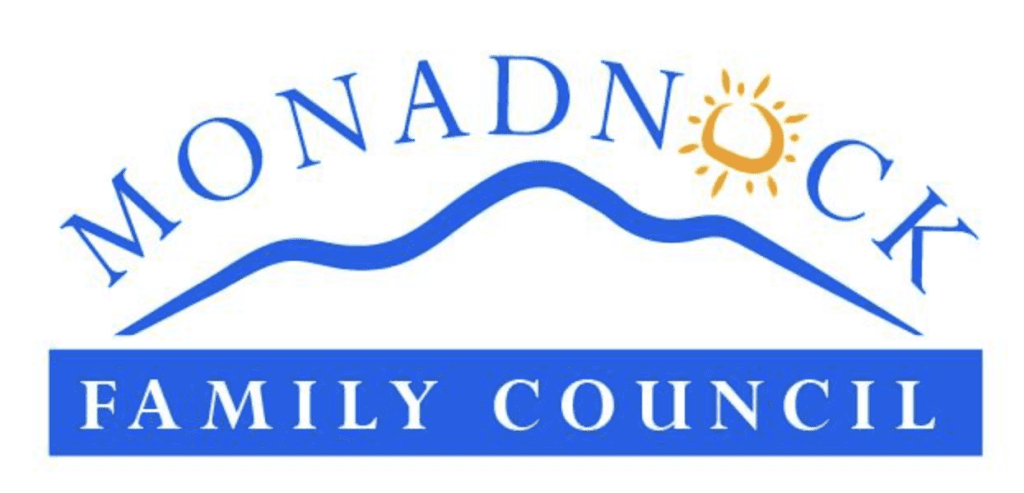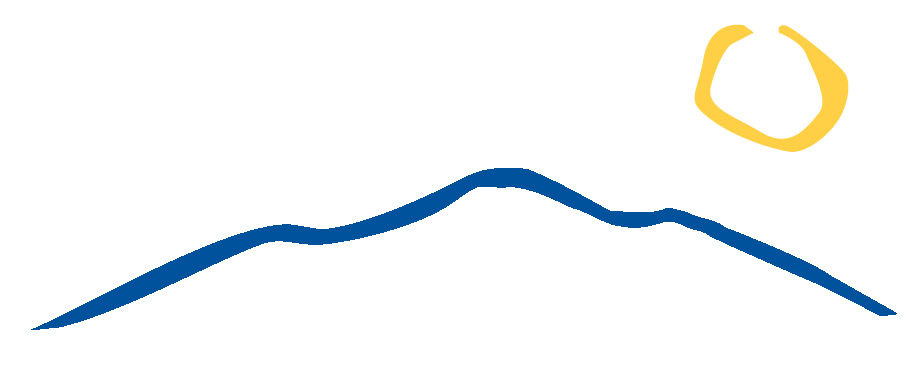Home » Family Support
An important part of our work at Monadnock Developmental Services is helping families find ways to connect with one another. You can get involved with the Monadnock Family Council, adding your voice to decisions about our services, or you can join one or more of the local support groups for young adults with disabilities, siblings, parents, people with acquired brain injuries, autism spectrum disorders and for families. Contact your Service Coordinator to find out how to access these and other useful groups. From time to time, MDS offers workshops and training sessions, some of which are specifically designed for families. Check the MDS Events Calendar for schedules and information on upcoming workshops.
Also, NH Family Ties provides a channel of support for parents of children who have special needs. This website helps keep parents connected, based on the vision that when parents are informed, connected, and supported by other families who have been there, they are better able to define their needs and the needs of their children.

The Monadnock Family Council consists of people who receive services or who have a family member receiving services from MDS. The Family Support Council provides advice and oversight to the area agency in the development of family support plans.
Organized by age range (0-3, 3-21, and Adult) Service Coordination (CSC) from Monadnock Developmental Services provides resources to families who have a child with a developmental disability or chronic health condition. The services provided are initiated by each family and are unique to their specific needs.
The Parent Information Center is a statewide family organization with a wealth of information that can help parents make informed decisions that enhance the health and well-being of children who experience developmental disabilities.
Environmental Modifications (E-mods) are physical adaptations to a person’s home that are necessary to ensure the health, welfare and safety of the person. E-mods may also be made to a vehicle if it is the primary source of transportation to a person who receives services. Examples of E-mods include wheelchair ramps and lifts, hand rails, roll-in showers, lifts, automatic door openers and widened doorways and hallways. E-mods enable a person to live with greater independence. For individuals with unsafe wandering and running behaviors, outdoor fencing may be a needed e-mod. E-mods do not include the purchase of a vehicle or improvements to a home or vehicle that are not medically necessary or are not needed for a person’s independence in their home or community.
The respite program at MDS allows family caregivers a much needed break, while giving the individual receiving respite care a chance to spend time in the community and enjoy personal interests with a trusted provider.
In-Home Support (IHS) services provides residential habilitation for children or young adults who have a developmental disability and significant medical or behavioral challenges.
These supports, provided with the help of an In-Home Support service coordinator, include personal care and other related services to promote greater independence and skill development for children or young adults to allow them to remain living at home with their family and actively engage with their community.
To qualify, a child must have Medicaid, live at home with their family, and be 0-through age 21 and still in school.
In Home Supports services are intended to help the child and the family develop the skills that child needs to become an independent adult including such activities as:
Self-Directed Services (formerly Participant Directed and Managed Services PDMS) are family-managed services created to help individuals to reach certain outcomes. SDS promotes individuals’ independence, health, safety and emotional well-being. The intent of SDS is to increase flexibility regarding service delivery and funding to accommodate a variety of consumer needs and preferences.
Monadnock Developmental Services encourages growth and professional development among all employees, providing knowledge, skills, and attitudes that will enable them to better support people with disabilities and their families. We believe that learning occurs through a process of action, reflection, and experimentation. For that reason, all workshops and training events are designed to offer a variety of ways to learn. We combine lectures, reading materials, discussions, role-playing, and simulation to create an inviting and stimulating learning environment. We sometimes offer training for families and individuals.
Training opportunities and registration can be found on the MDS Training Calendar.
Monadnock Developmental Services offers an ongoing series of educational opportunities for employees and families to gain the skills and knowledge that will help them better support people with developmental disabilities. Staff orientation provides MDS employees and Direct and family support professionals with the tools and information they will need to accomplish their work effectively. Employees may also be required to complete specific departmental and position orientation and ongoing training. We welcome and encourage individuals, family members and provider agency staff to attend training and events with us.
To ensure compliance with State and Federal regulations, all employees/support positions are required to complete basic online learning topics on the Relias training platform. In addition to this, all Direct Support Professionals and Participant Directed Managed Services (PDMS) and Family Support Staff must complete additional training in the Relias system, as determined by their position. All direct service & direct support positions will be required to attend two in-person orientation sessions, Rights, HCBS & Reporting and Introduction to Gentle Teaching. These sessions are posted on the MDS training calendar and tentatively take place each month.
MDS and Family Managed employees will be provided with accounts in the Relias training system by the MDS HR team. All employees are responsible for completing their required training, and are encouraged to work with their supervisors to ensure that they can do so. Please contact the Quality & Training Department (as noted above) with specific training and Relias system questions.
For 1201 Medication Administration Training, the nursing staff at MDS collaborate with state nurse trainers to arrange and/or provide the He-M 1201 medication administration training. This includes the initial Medication Training course, recertification, med administration observations and oversight. Please contact the nursing office at 603-352-1304×221 to inquire.
Pre-registration is required as sessions may require a minimum or maximum number of participants to be held. Please register at least four days in advance using the training calendar link below.
Changes in schedule will be posted on the Training Calendar.
Check frequently for updates!
Get credit for training you already have.
121 Railroad Street
Keene, NH
603-352-1304
12 Depot Street, Suite 2A
Peterborough, NH
603-924-4203

Monadnock Development Services (MDS) is an Equal Opportunity Employer

©2023 Monadnock Development Services, Inc.
